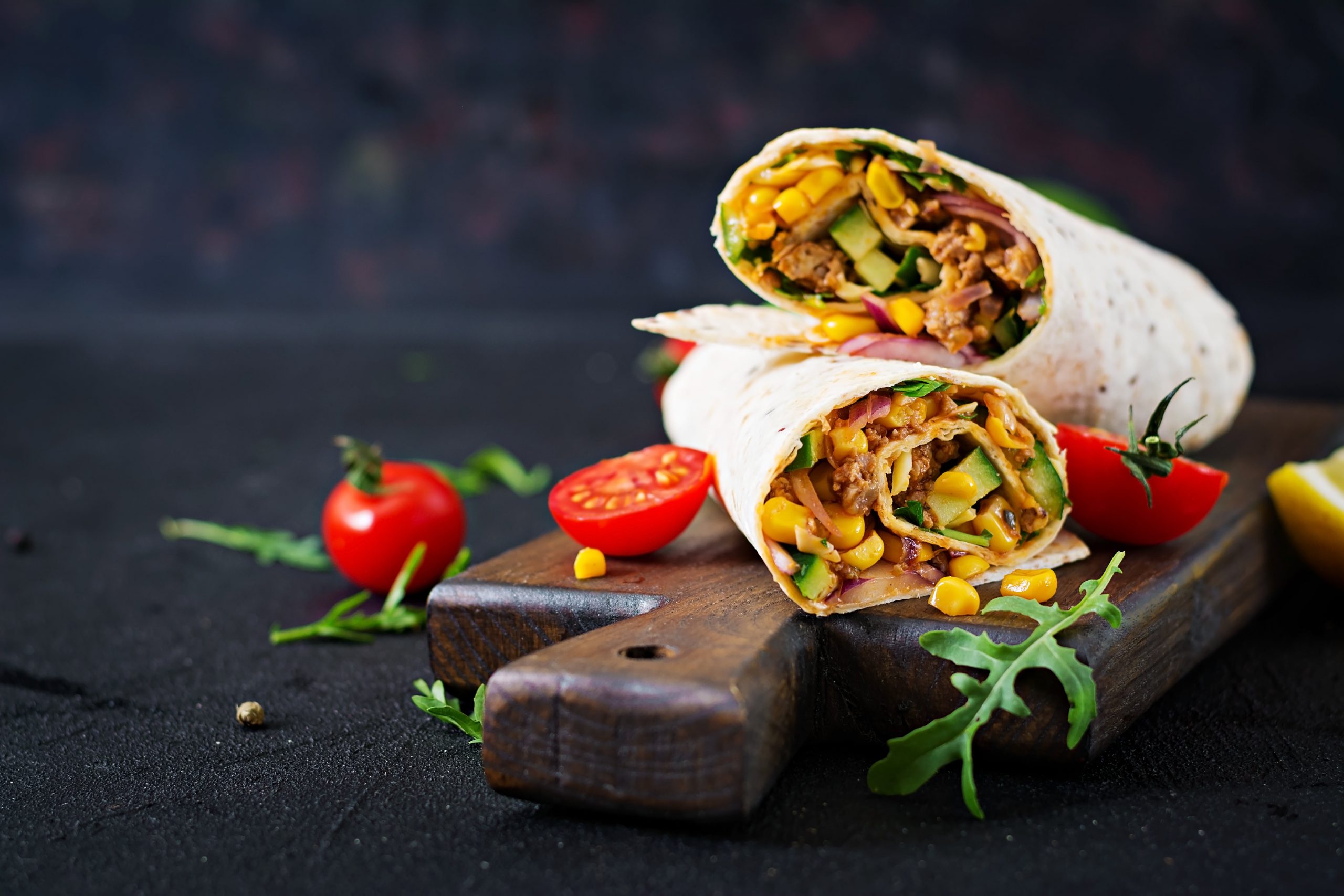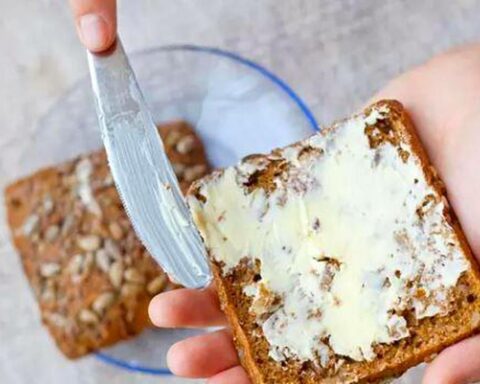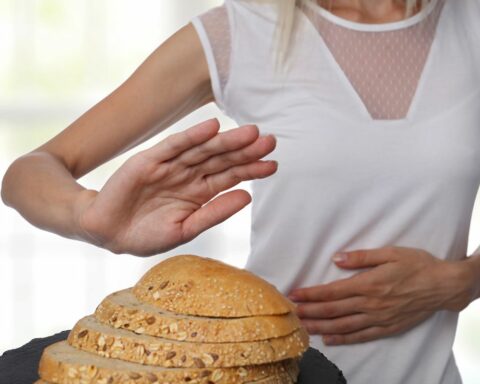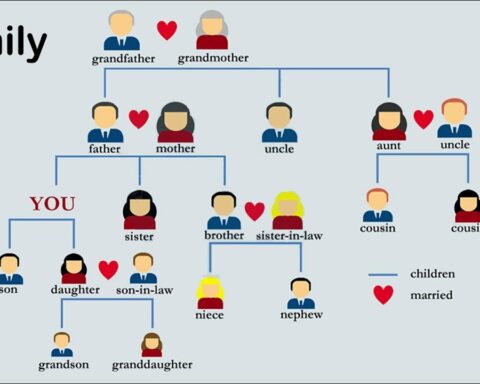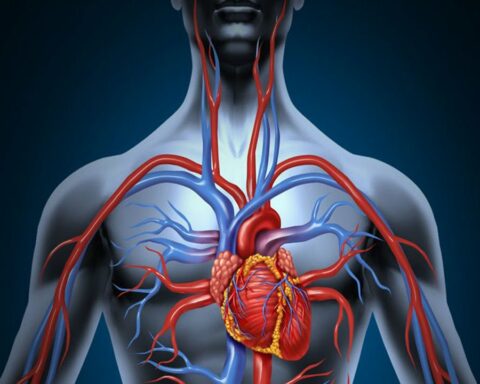Human bodies are designed to utilize food and water to have energy for their daily activities and stay healthy. It’s required you have the right amount of food to maintain a stable metabolism rate and stay protected from unhealthy conditions associated with a poor diet.
Ever heard of ‘rule of three’ and wondered if it’s safe and effective? The rule of three refers to 3 days without drinking water and 3 weeks without having food. According to research, the longest a person has ever survived without food is 74 years. This legend was called Terence MacSwine, a hunger strike prison protestor. However, he eventually died because his body couldn’t take it anymore regardless of its super strength to stay that long without food. But, hey, that was in 1920, and no record like that has ever been set. So, for how long can you survive without food?
Water or food, which is more important?
If asked randomly which you can survive without in a day, would you choose water over food or vice versa? Well, both water and food are important in our bodies. However, a person can survive without food for a longer time compared to water. Water fuels critical biological processes that cannot stay for long without being sustained. Even so. Food is equally important for proper body functioning.
Is it possible to live without food?
It’s difficult to have accurate knowledge on how long a person can survive without food or water. In the older days, hunger strike prisoners were used to investigate how long a person can withstand starvation. Today, with the research done and biological knowledge, it’s estimated that a person can go upto 2 months. Provided there is an intake of water.
Are there any benefits of not having food?
Fasting and a restricted diet are common for many people trying to lose weight, maintain a proper body mass, and other personal reasons. As much as not eating is unhealthy, it may have impressive outcomes if it’s done moderately. Avoiding food may have the following pleasant effects if it’s well implemented;
It helps you lose weight
Losing weight requires effort and commitment. Reducing the amount of food is among the effective sacrifices that’ll give you great outcomes. Intermittent fasting has proven to be a sure way of cutting off fat. Staying without eating for one or two days a week will help you reduce your calories consumption leading to a higher metabolism and general body weight loss.
It helps you control your cholesterol levels
Intermittent fasting improves your metabolism rate, making the breakdown of cholesterol and sugars more effective. As a result, you’ll stay protected from cardiovascular diseases and diabetes.
Protection from coronary artery illness
Not having food for long hours reduces the amount of trimethylamineN-Oxide, which is a cause of coronary artery diseases. You may reduce the risk of this compound by fasting.
What are other benefits?
- Minimizes the chances of inflammation
- Minimizes the risks of some cancers
- It can reduce the chances of neurological illnesses like Alzheimer’s and Parkinson’s disease.
What are the side effects of not having regular food?
Death is the final outcome of starvation, and before it happens, some complications occur. Some of these side effects include;
- Loss of bone
- Dry skin
- Constipation
- Irregularities in the menstrual cycle
- Extreme tiredness, shortness of breath, and skin paleness
- Muscles weakness
- Feeling extremely cold
What determines how long you can survive without food?
How long you can stay without food depends on many factors, including gender, age, and body mass.Research shows that females live longer than men, which also applies to who survives longest without food. Men have higher food requirements, making them more in need of food than females. Children are less likely to stay without food compared to adults. People with high body mass can tolerate hunger more than slim people.
What happens when you’re not eating?
The impact of not having food in the body is not felt in a day. Certain processes take place until the body organs completely shut down, and that’s when death occurs. Here is what happens when you don’t eat food;
When you don’t eat for a day, the body depletes all the blood sugars reserved. When this happens, the body releases glucagon hormone, which stimulates the liver to provide glucose to the body. The muscles usually rely on fatty acids to function properly. So days without food make adipose tissue provide energy.If more days pass without having food, the liver converts the fatty acids into ketone mode, which willprovide energy to the body. At this time, the glucose in the brain and other parts becomes less than usual. With time, all the fatty acids will deplete. The body relies on the muscles to fuel the biological process untilproteins in the tissues are also utilized. The heart, kidney, liver, and other organs become too weak and cannot function normally as all the protein is used. At this point, you’re terribly weak, and death will occur at any time.
Better options instead of starving
People starve themselves because of many reasons. However, losing weight appears to be the reason for many. If cutting off fats and becoming slim is your goal, there are healthier ways to achieve that. After all, fasting only offer short-term effects. Do this instead;
- Eat on healthy foods only and avoid unhealthy meals that’ll make you add weight
- Always stay hydrated to make sure your metabolism is at its optimum function
- Focus more on proteins; they’ll make you full for longer hours and prevent you from overeating
- Exercise and stay active to keep your body at its best functioning
- Instead of avoiding meals, eat them but in small portions
Conclusion
Can you survive without food? You can live for some weeks without eating, but you can’t survive for too long. The body needs a balanced diet to perform normally. Avoid fasting, but if you must, go for better options like intermittent fasting, but only after consulting your doctor. Skipping meals will reduce your calorie intake but in an unhealthy way. So the safest way to keep slim is to have a balanced diet, exercise, and have a healthy lifestyle.
- FDC – Giejo Magazine Article - July 29, 2023
- MoriMa Tea the – Chinese tea culture - April 26, 2023
- Missionary Position – Least Likely To Bring You To Climax - April 7, 2023

